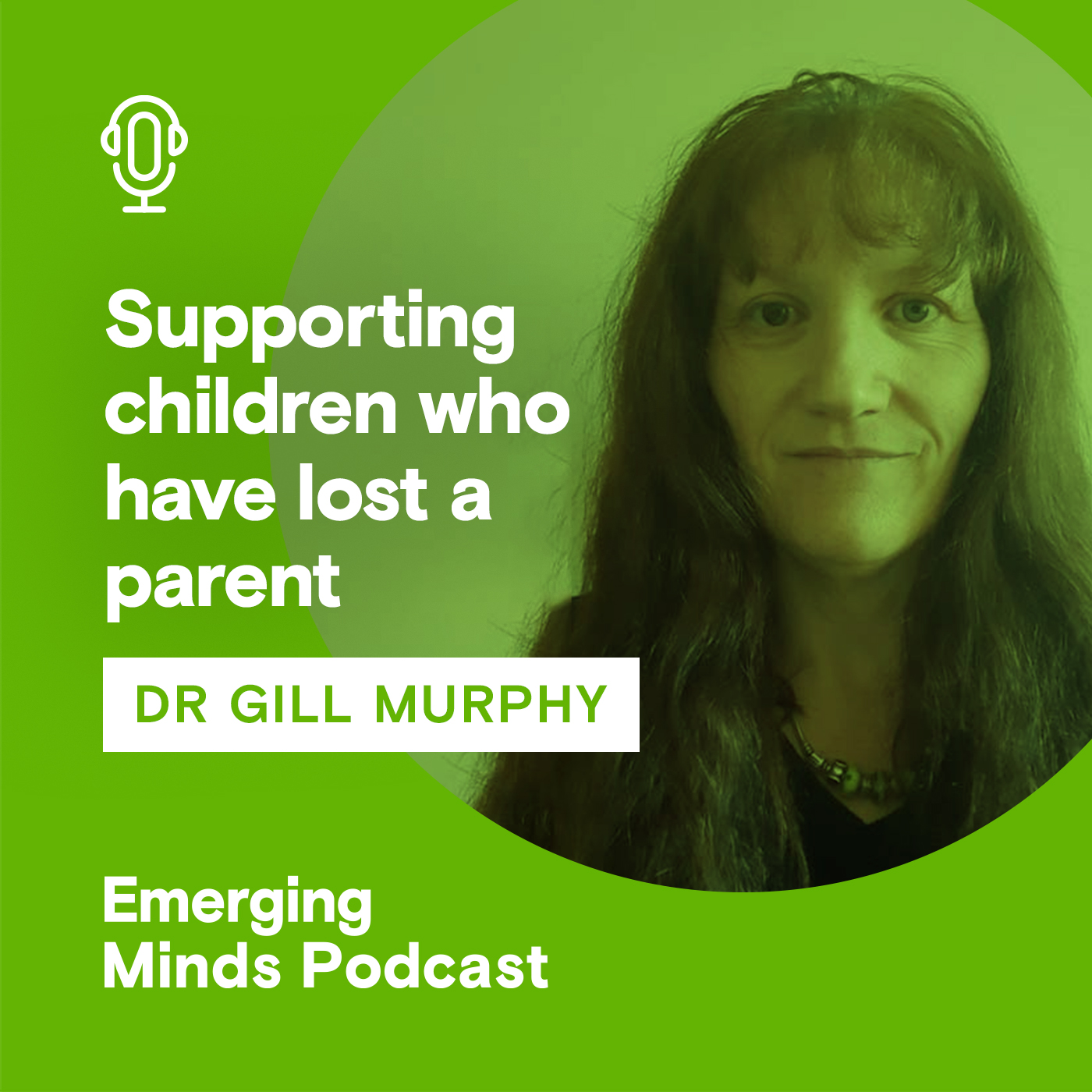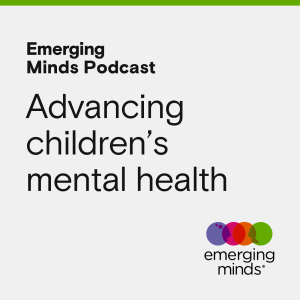
Dr Gill Murphy is a lecturer at the School of Nursing and Midwifery at the Western Sydney University. She has worked as a mental health nurse for twenty years, with experience in forensic, in-patient, community and emergency mental health services. Her engagement with mental health research led her to found the Childhood Parental Death Ambassador Program.
As founder of the Childhood Parental Death Ambassador Program, Gill hopes to raise awareness around the needs and experiences of children when a parent is dying or has died, and to really make children visible within that process. As part of this, the program has delivered the Childhood Death Study, in which they interviewed adults who'd experienced the death of a parent during their childhood.
The study found that a lack of information provided to children during and after their parent’s death meant that they often thought about it in distressing or unhelpful ways. Additionally, it found that children were often not supported to celebrate or remember their parent’s legacy, causing them to lose touch with the supporting and nurturing rituals they had enjoyed with that parent.
In this episode of the Emerging Minds podcast, Gill discusses the need for practitioners to develop preparedness in their work with children who have lost a parent, and to be able to have conversations with them that are supportive and reconnecting.
In this episode you will learn:
Learning 1 (01:30) the key objectives of the Childhood Parental Death Ambassador Program.
Learning 2 (02:36) the key findings of the Childhood Death Study, and what these mean for any practitioner working with a child whose parent is dying or has died.
Learning 3 (04:17) the effects of secrecy or a lack of information on children’s ability to positively think about their deceased parent, and to stay connected with their legacy.
Learning 4 (09:53) what some services are doing to actively involve children in memory making when a parent is dying or has recently died.
Learning 5 (17:44) how practitioners can overcome anxiety to talk to children in ways that are supportive and attentive, and to ensure they are listening to what the child needs at the time.
view more
More Episodes
Supporting dads in their role as fathers
 2020-09-04
2020-09-04
 2020-09-04
2020-09-04
Rural children's voices - episode eight
 2020-06-25
2020-06-25
 2020-06-25
2020-06-25
Focus on the positive future - episode seven
 2020-06-25
2020-06-25
 2020-06-25
2020-06-25
Keep an open conversation - episode three
 2020-06-25
2020-06-25
 2020-06-25
2020-06-25
Try to look after yourself - episode one
 2020-06-25
2020-06-25
 2020-06-25
2020-06-25
Positive post-separation parenting
 2020-06-06
2020-06-06
 2020-06-06
2020-06-06
A story from Community
 2020-05-25
2020-05-25
 2020-05-25
2020-05-25
A story of resilience
 2020-05-22
2020-05-22
 2020-05-22
2020-05-22
012345678910111213141516171819
Create your
podcast in
minutes
- Full-featured podcast site
- Unlimited storage and bandwidth
- Comprehensive podcast stats
- Distribute to Apple Podcasts, Spotify, and more
- Make money with your podcast
It is Free
- Privacy Policy
- Cookie Policy
- Terms of Use
- Consent Preferences
- Copyright © 2015-2024 Podbean.com






